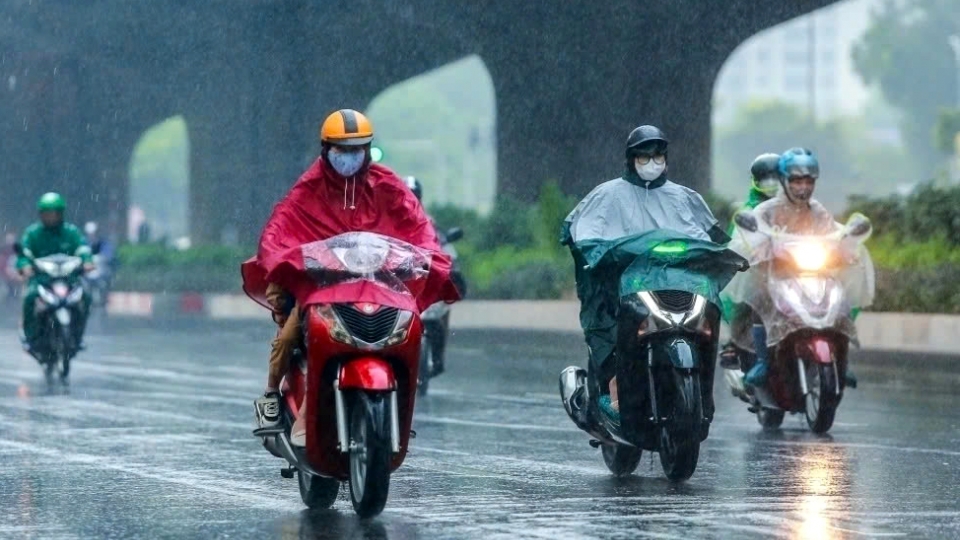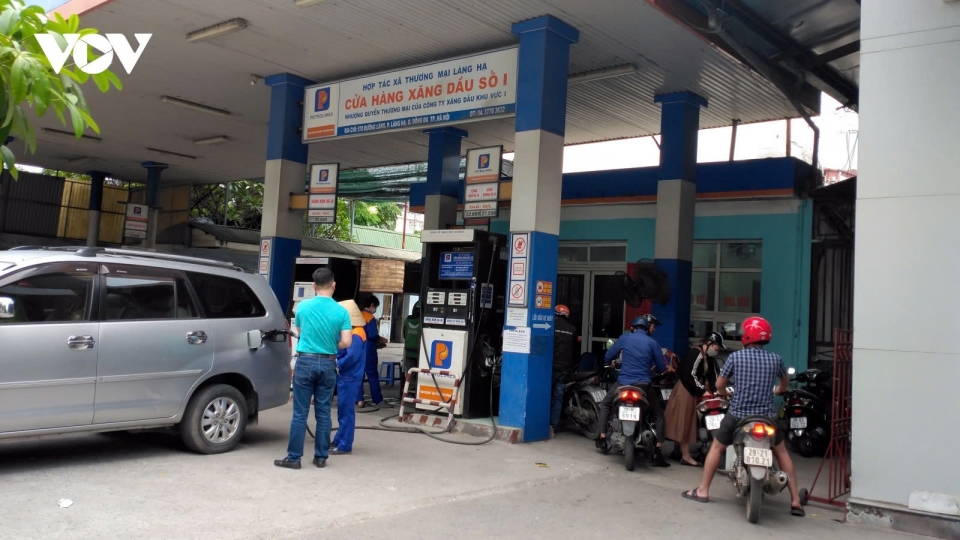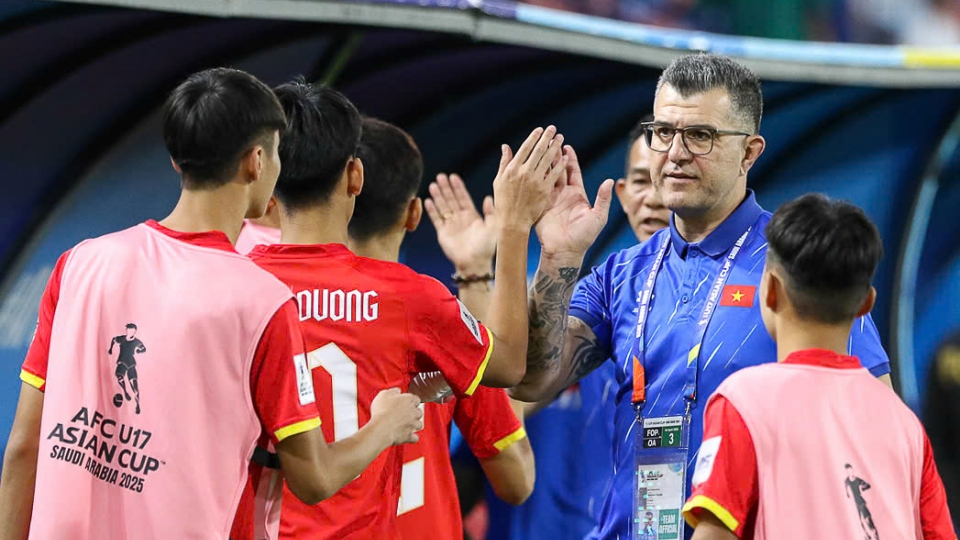Tag: plastics
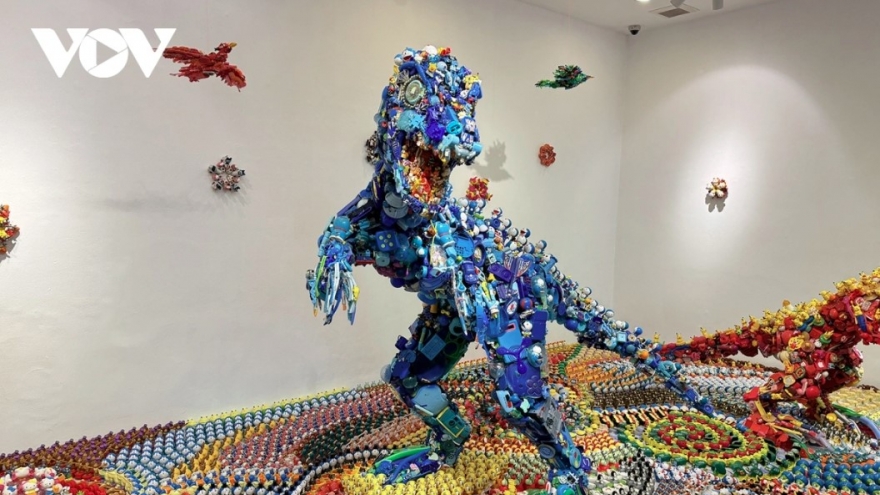
Japan’s "Plastic Dinoland" art exhibition comes to Hanoi
VOV.VN - Models of dinosaurs, deer, and birds created from discarded plastic toys are on display at the Japan Foundation Center for Cultural Exchange in Hanoi.

Project helps minimise impact of plastic waste on coastal communities
Plastic waste in Vietnam does not remain stationary but moves from inland areas and rivers to the coast, posing serious economic and environmental threats, especially to fisheries and tourism.

WWF-Vietnam identifies six plastic reduction models for nationwide expansion
After nearly five years of evaluating urban plastic reduction pilot models across Vietnam, the World Wide Fund for Nature (WWF-Vietnam) has identified six highly effective initiatives and recommended scaling them up nationwide.

Ministry proposes developing green e-commerce law
The Ministry of Industry and Trade (MoIT) has proposed a new green e-commerce law amid concerns over 800,000 tonnes of plastic waste in 2030.

Japan introduces underground plastic rainwater tank for urban flood control
A workshop introducing an underground plastic rainwater tank as a solution for urban flood control, groundwater recharge and water reuse took place in Hanoi on February 10.
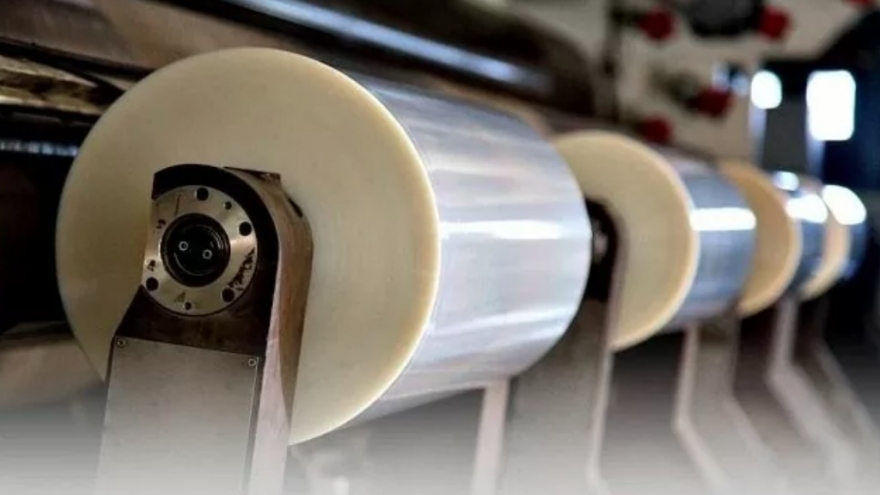
Indonesia initiates anti-dumping probe into Vietnamese plastic
VOV.VN - Indonesia has initiated an anti-dumping investigation into homopolymer polypropylene plastic products originating from Saudi Arabia, Malaysia, China, Philippines, the Republic of Korea, Singapore, Thailand, and Vietnam, according to the Trade Remedies Authority of Vietnam (TRAV).
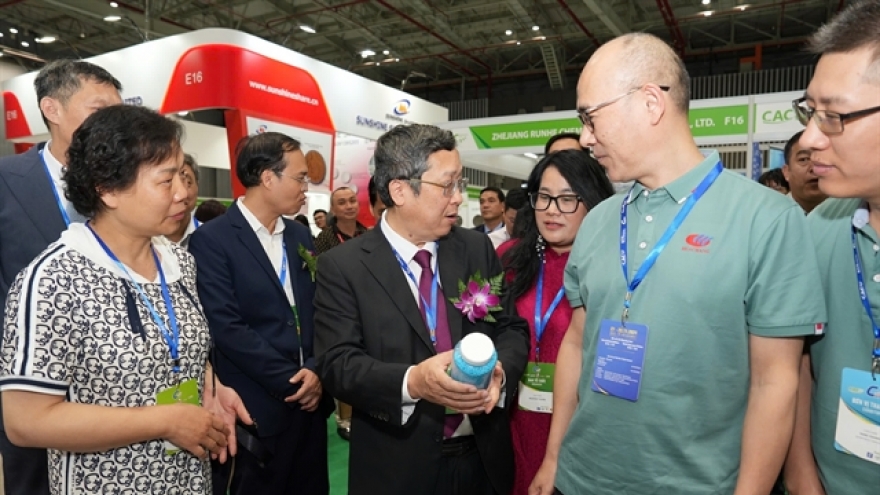
International chemical industry exhibition in HCM City attracts 500 firms
The annual Vietnam International Chemical Industry Exhibition (VINACHEM EXPO 2024) opened at the Saigon Exhibition and Convention Centre in HCM City on November 27, offering a platform for domestic and foreign businesses to exchange information and explore business opportunities.
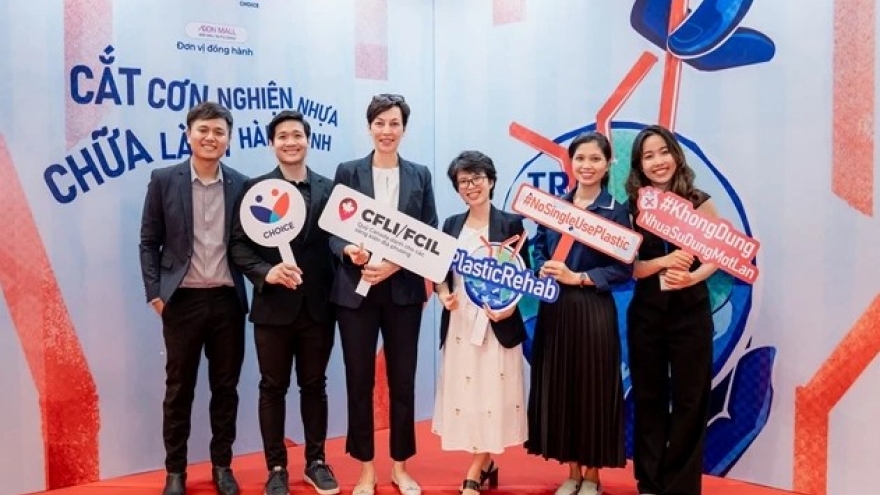
Plastic camp to warn community against addiction to SUPs
The ‘Plastic Rehab Camp’ communication project has been initiated by Choice, a Vietnamese non-profit company, in Ho Chi Minh City to wean the community off using single-use plastic (SUP).
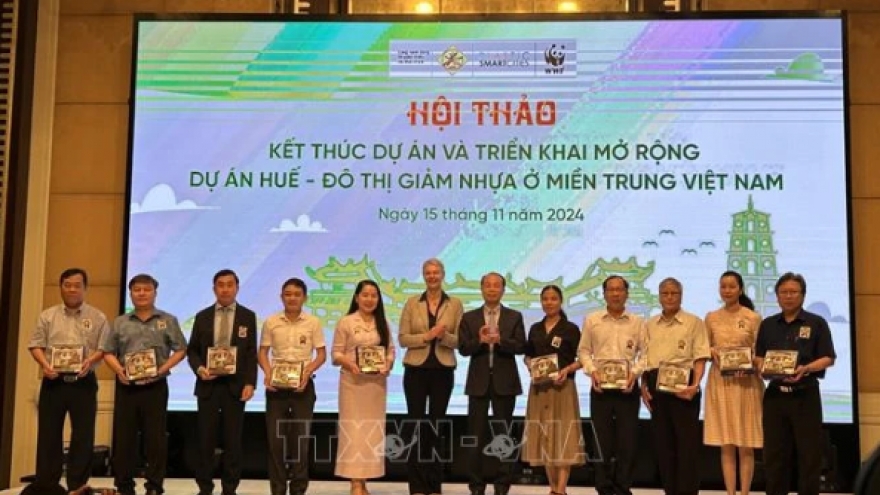
Hue aims to become typical plastic-reducing city
A workshop to review the implementation of the project “Hue – Plastic Smart City in Central Vietnam” funded by the World Wide Fund for Nature (WWF) Norway through WWF Vietnam in the central province of Thua Thien – Hue in the last four years, was held in the locality on November 15.
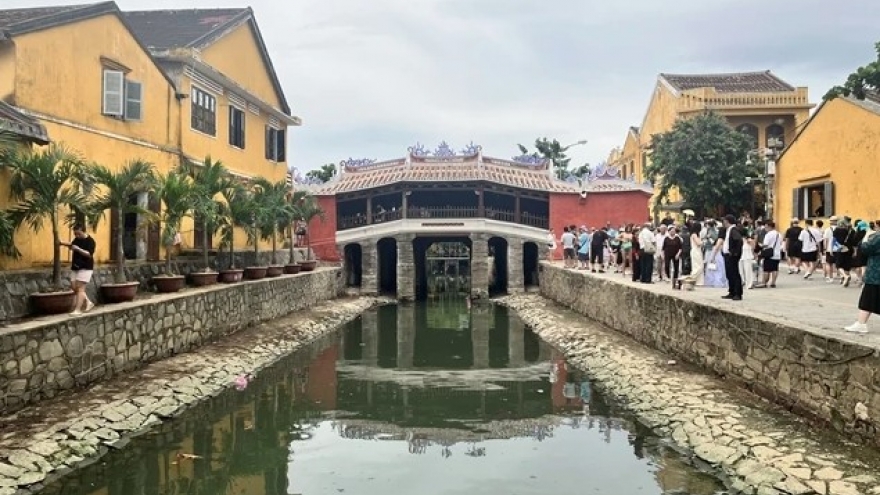
Hoi An town to pilot plastic-free streets
The ancient town of Hoi An, in the central province of Quang Nam, has launched a pilot plan on building the first zero plastic and pedestrian streets, as part of the project to create an eco-city, based on cultural and sustainable tourism, with a vision to become a ‘green’ and ‘smart’ city by 2050.


